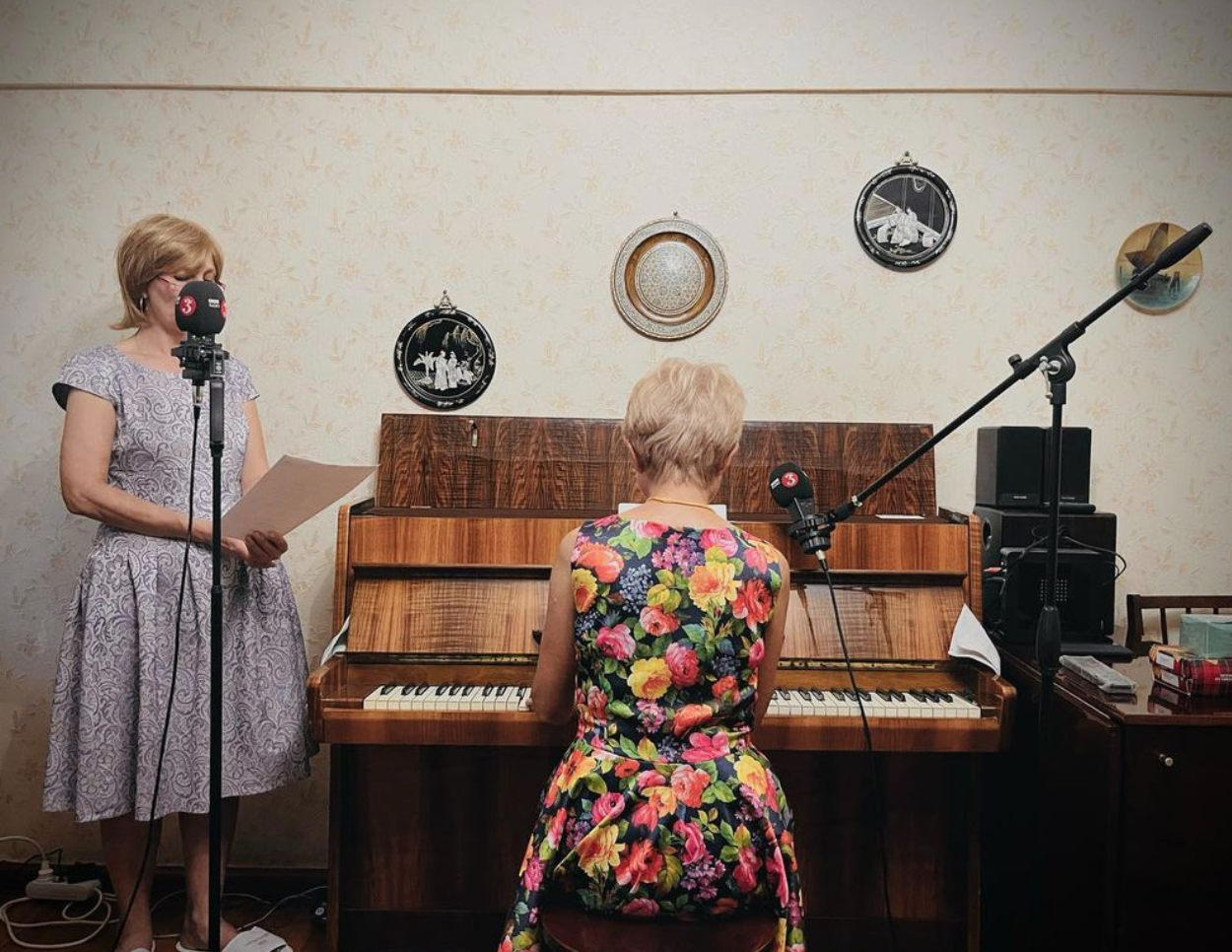
Yiddish glory: Jewish refugees in Central Asia
During World War Two, approximately 1.6 million Soviet, Polish and Romanian Jews survived by escaping to Soviet Central Asia and Siberia, avoiding imminent death.
Many of them wrote music about the horrors as the Holocaust unfolded. A miraculous discovery in the Vernadsky National Library in Kyiv revealed a collection of Yiddish music created during the 1940s that documented their numerous traumas. These songs were collected by amateur and professional poets, and then organised by the Ukrainian folklorist Moisei Beregovsky. However, the archive was confiscated by the KGB after the end of the war. The songs were never performed since, in public or in private.

Singer Alice Zawadzski, whose own family found themselves on a similar journey to Central Asia, and historian Anna Shternshis of the University of Toronto (The Anne Tanenbaum Centre for Jewish Studies/Centre for European, Russian, and Eurasian Studies), who led the project to bring these songs back to life, travel to Kazakhstan and Uzbekistan to retrace the journeys of those Jewish refugees who became music composers. From Tashkent and Samarkand to Bukhara and Almaty, they met the descendants of families and children of those survivors who stayed in Central Asia.
Listen to 'Yiddish Glory' segment on the BBC Radio 3
Read the feature on 'Yiddish Glory' from the BBC
This story originally appeared on www.bbc.co.uk

